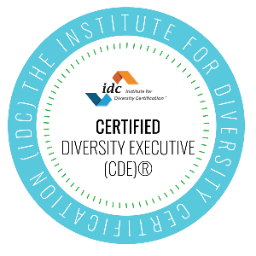3 Things A Candidate Should Leave The Interview With
This year has left many out of a job because of COVID-19 and the economic downturn. While being jobless is far from ideal, the most challenging part for many has been the interview process. If you have gone through the process, you have likely felt overwhelmed, exhausted, and undervalued. It is a lonely process and too often a demeaning one .
While the interview process is often a rewarding experience for the candidate who gets the offer, most do not land the job in the end. A
month of solo-interviews, panel interviews, an assessment, and hearing, “thanks, but no thanks,” is crushing. That door being slammed shut with little to no explanation after
investing
considerable time
and energy is
exhausting.
This process needs to evolve to be a learning opportunity, launching candidates towards the next opportunity. Regardless of whether the applicant gets the job or not, the process should provide growth and assured worth . For this to occur, interviewers need to e xercise equity in the process; give back what the interviewer put in.
Here are three things a candidate should leave the interview process with:
1. Dignity
An inclusive interview process should always have your candidate leaving with their head held high. Unfortunately, candidates often walk away, feeling they were seen less as humans and more as resource s . This leaves the individual depleted. To prevent this , be open, honest, and transparent. Set the stage for the interviewer to succeed. This can be in the form of sending interview questions ahead of time, providing resources that may be beneficial, and a roadmap of the interview process ahead.
Another way of being intentional is when you realize the candidate is not the right person for the job, tell them. Do not ghost candidates. Practice transparency and communication. When a candidate never hears anything back, there is no closure and can cause stress and anxiety. Be open, a llowing the candidate to move forward .
When you lead the interview process with empathy first, your candidate will know they were valued. We are all human and deserve to be treated with dignity and respect.
2. Feedback
So, you didn’t ghost the candidate but sent the applicant a “thanks, but we decided to go in another direction.” While this closes the door, it leaves the individual with no feedback on what may have gone wrong and how to change for their next interview process. When you ghost candidates, it makes them feel invisible which is oppressive.
Be a resource, and let your candidate know why. Just as this candidate invested in the company, the company needs to invest mutually. Investing can and should come in the form of feedback and tools to aid in future success.
If the reasoning behind not providing feedback sounds something like “we can’t because we are just too busy right now,” stop and think. When this statement is broken down, it highlights that the companies time was and is more important. Additionally, it eludes the company only cared about what they could get out of the candidate. Remember, candidates gave their time and energy to apply, prep, and interview for the job.
Whether it is a quick phone call or a bullet-pointed email debriefing why the candidate was eliminated, give feedback for them to takeaway.
3. Better View of Your Company
Providing feedback and empathy throughout the interview process increases the likelihood the candidate will leave with a better view of the company. Candidates are current, potential, and/or future customers. They leave with the power to be advocates or critics. By parting from the candidate on a sour note, you take a reputational risk. Give feedback and dignity, and both the candidate and company will leave feeling better than when they started.
With the toolkit and goals to make the interview process better for all, go out and put it into practice or share it with your recruiting and hiring peers. The need for community and support is imperative during this time. Let’s work together to grow a better workplace from where it all starts, the interview.















